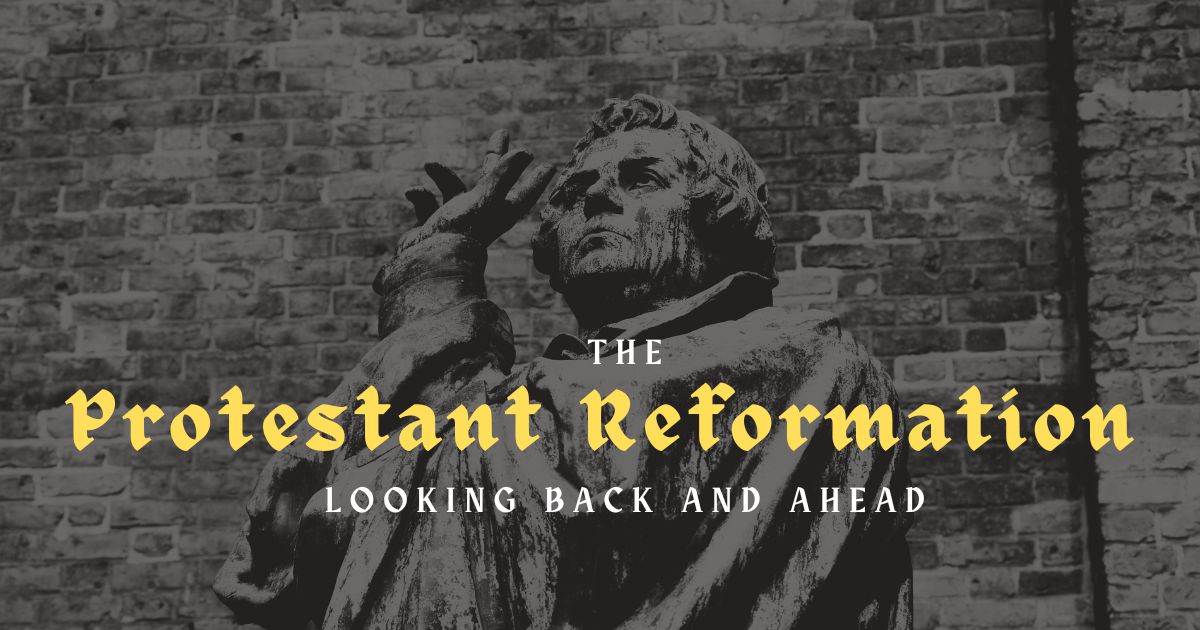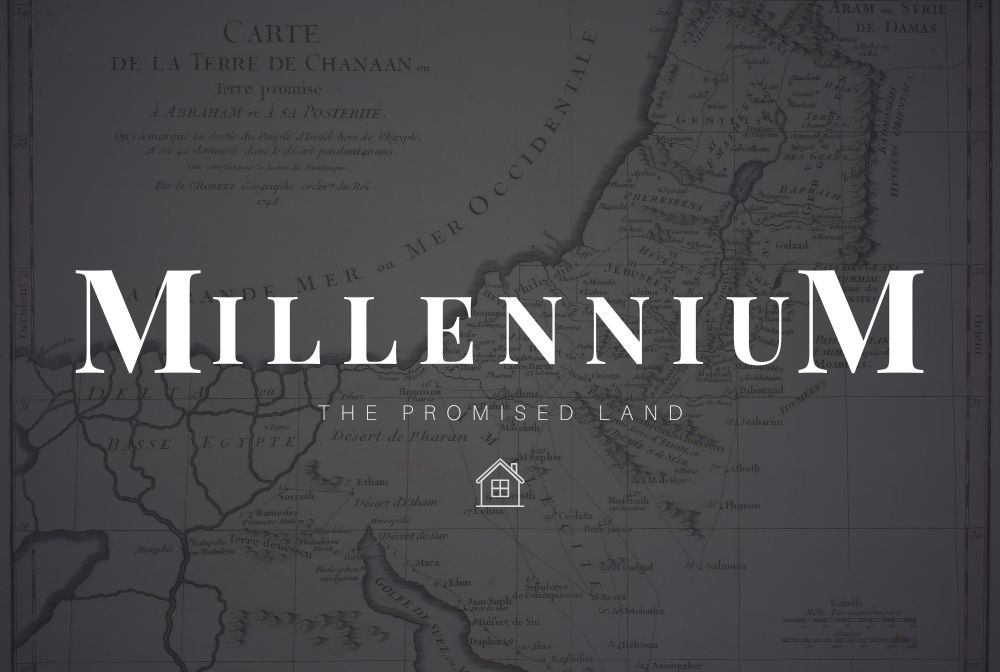
Oct 28, 2024 | The Protestant Reformation: Looking Back and Ahead
What Are the Five Solas of the Protestant Reformation?
The Protestant Reformation: Looking Back and Ahead
Who Were the Heroes of the Protestant Reformation (Continued)?
In the previous article, I wrote about John Wycliffe, “The morning star of the Reformation.” He was responsible for beginning the movement to give the Bible to people in their own language rather than restricting access to the Bible solely to the professional clergy of the Roman Catholic Church. As the Reformation continued to spread across Europe and around the world, a young Frenchman, John Calvin, was encouraged to enter the Catholic priesthood. Studying for the priesthood in Paris, by 1527 Calvin had developed friendships with individuals who were reform-minded, setting the stage for his eventual conversion. Calvin's father then advised him to study law rather than theology, recognizing that he would earn more money as a lawyer than a priest.
The Protestant Reformation: Looking Back and Ahead
Who Were the Heroes of the Protestant Reformation?
In the first installment of this series of articles, I briefly explained that the Protestant Reformation—more commonly just “the Reformation”—consisted of an effort in 16th century Europe to reform the unbiblical teachings of the Roman Catholic Church regarding how a person was able to receive forgiveness of sin from God. The Roman Catholic Church demanded good works, money, and penance in order to secure God’s grace, while the reformers taught that “by grace you have been saved through faith. And this is not your own doing; it is the gift of God, not a result of works, so that no one could boast” (Ephesians 2:8-9).
The Protestant Reformation: Looking Back and Ahead
What Was the Protestant Reformation?
It is somewhat of a paradox that the name “Protestant Reformation” (more commonly known just as the “Reformation”) is made up of two words which are kind of ironic. “Protestant”—meaning someone who is protesting—no longer carries the same meaning that it did 500 years ago. Now “Protestant” is used to generally refer to any Christian church or denomination that is not Roman Catholic. And the word “Reformation” is ironic because it never happened. That’s right, the Reformation never happened.


